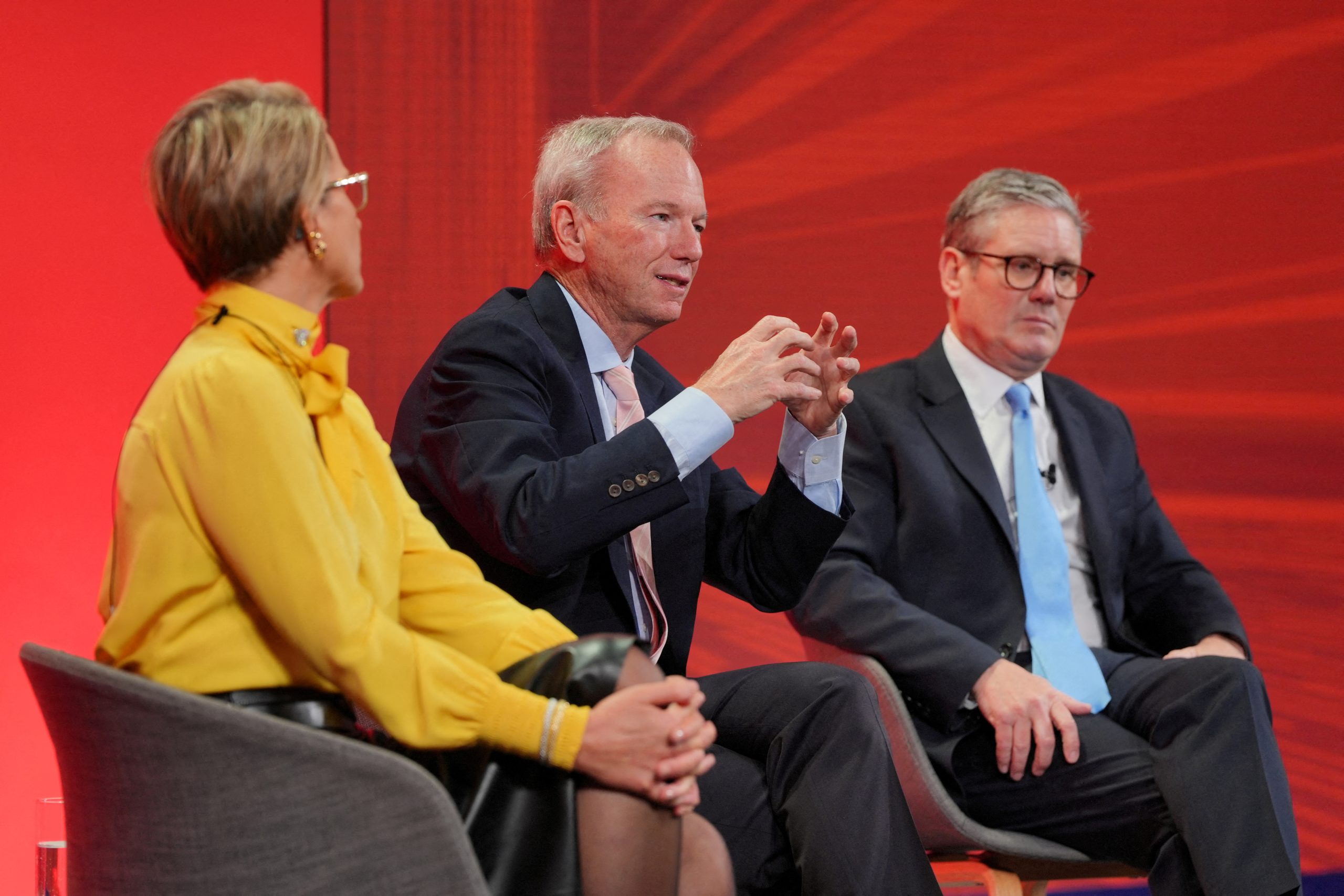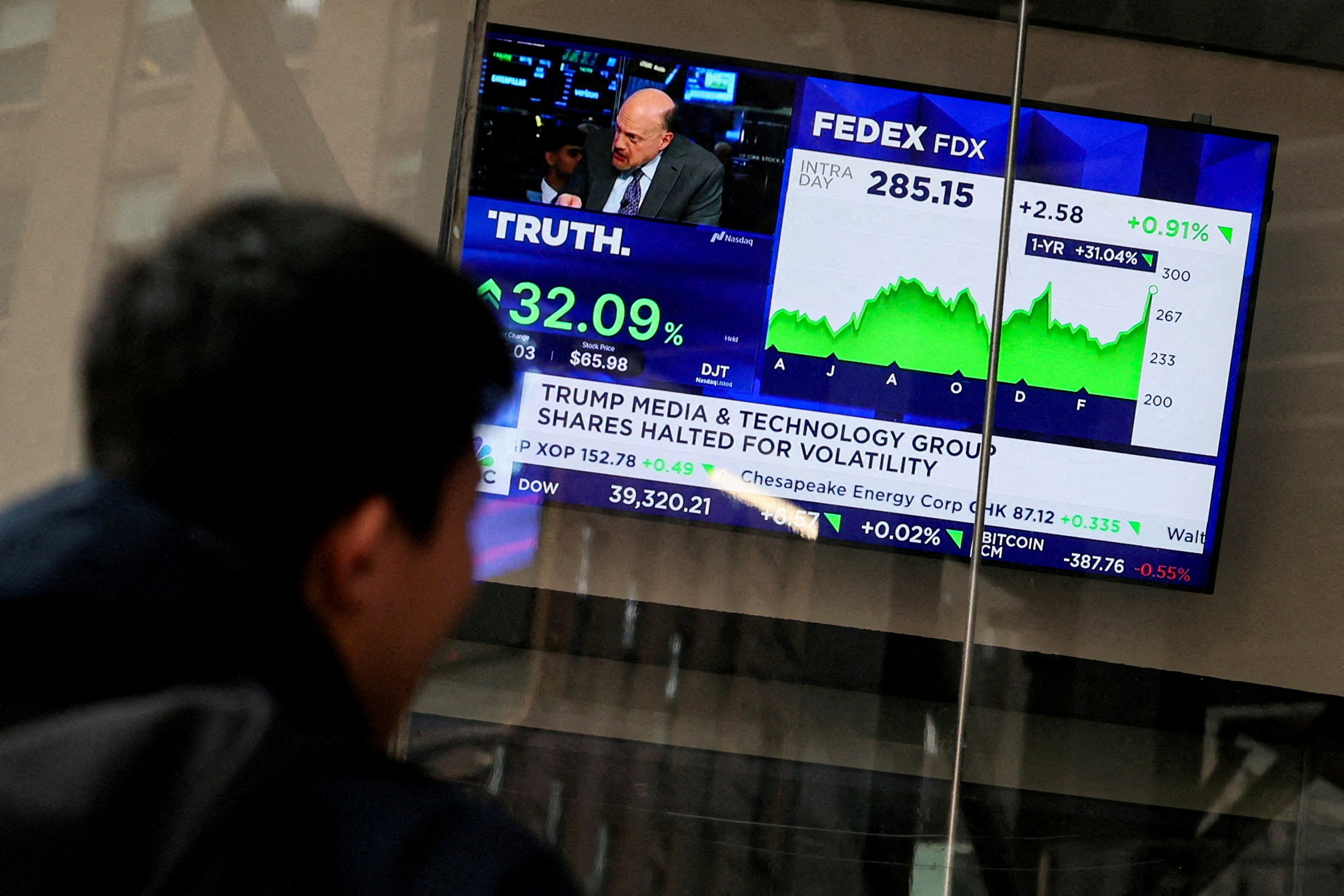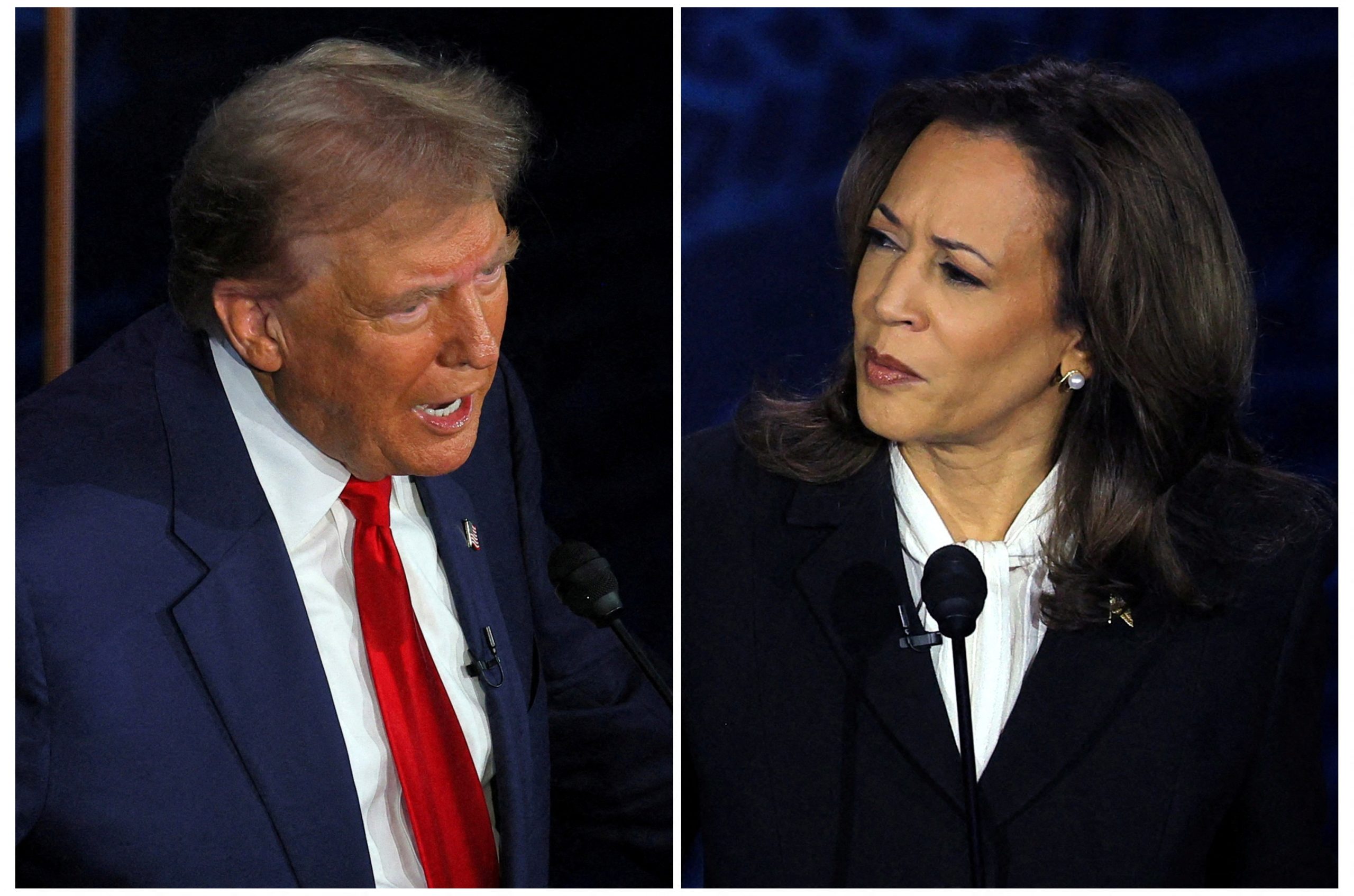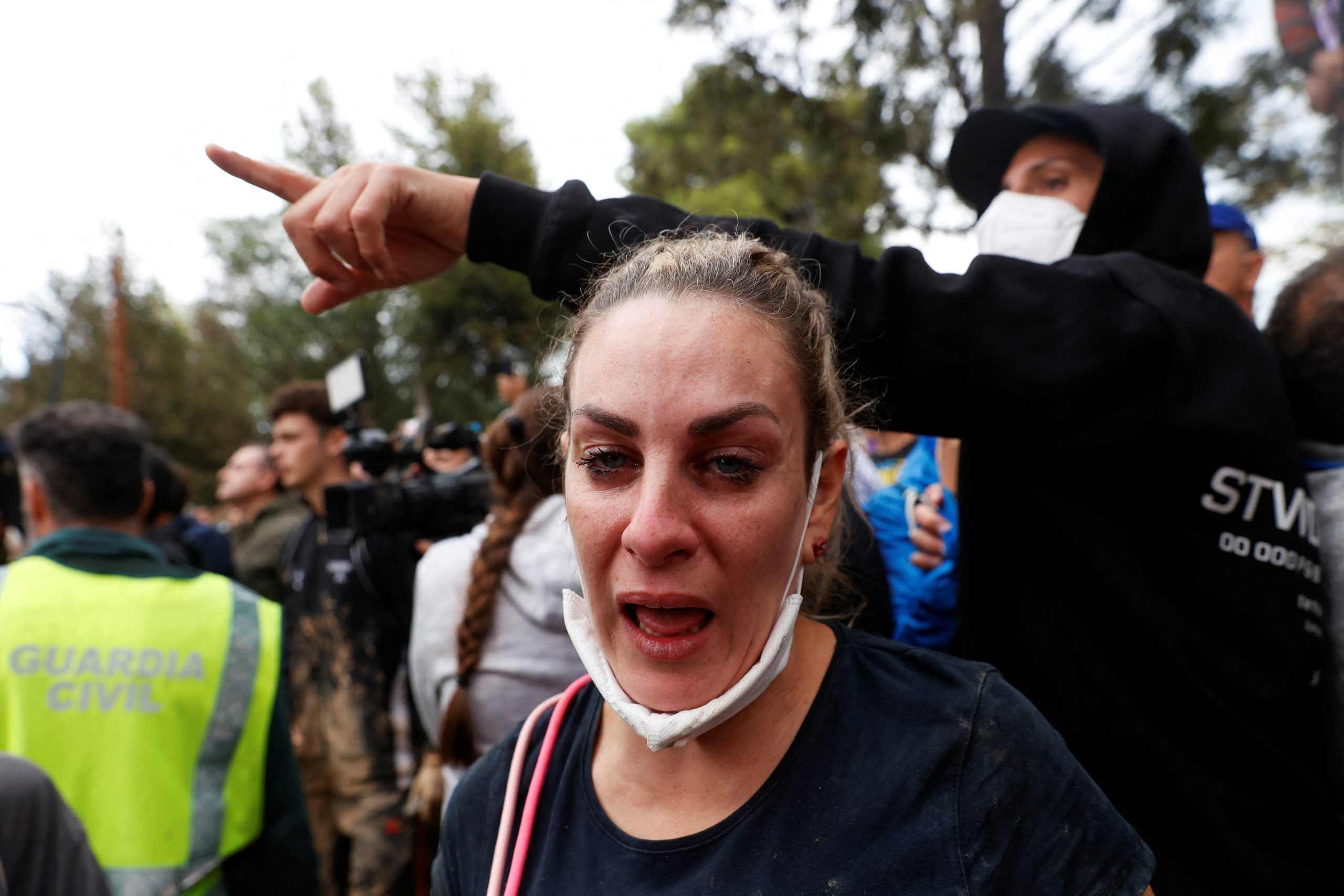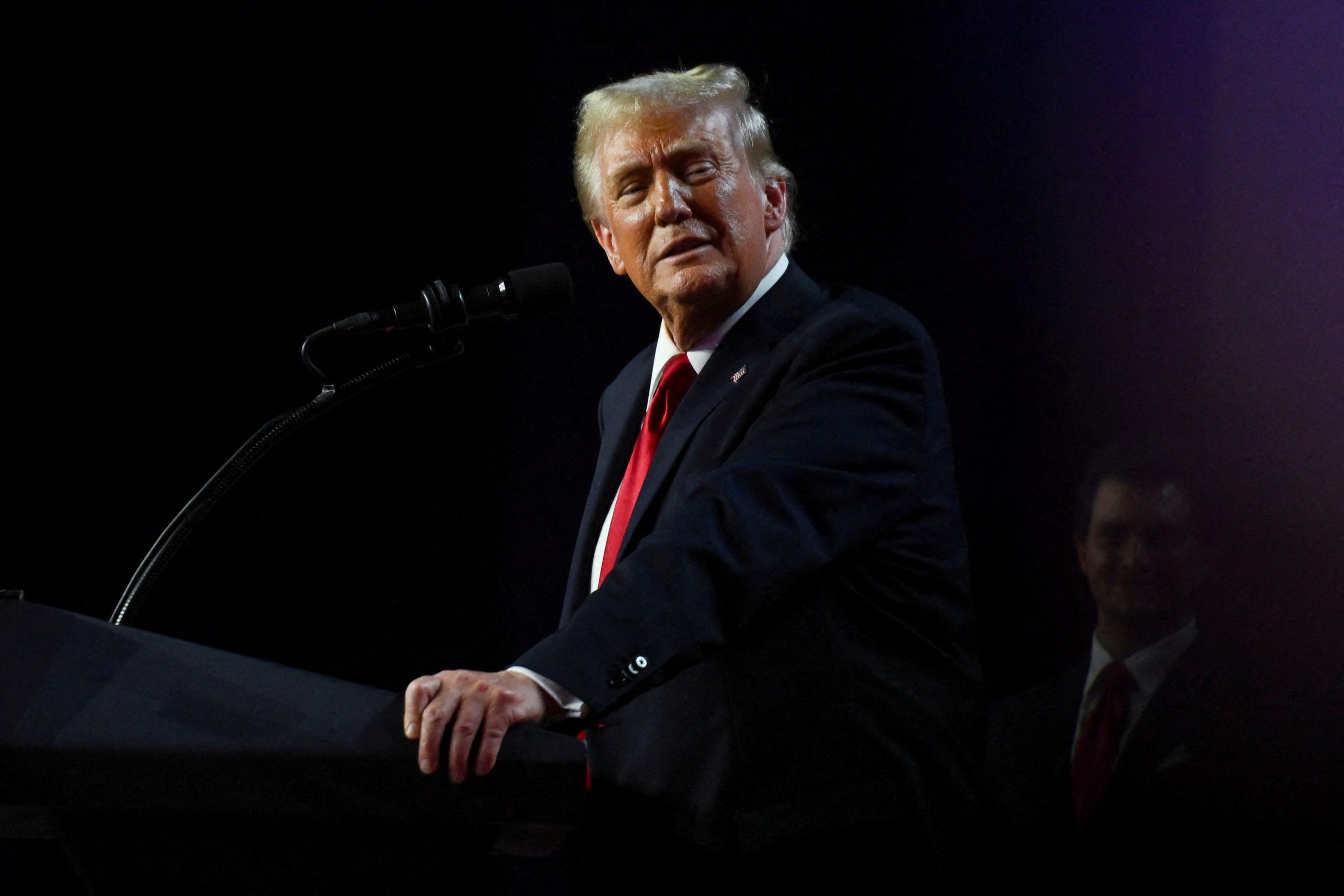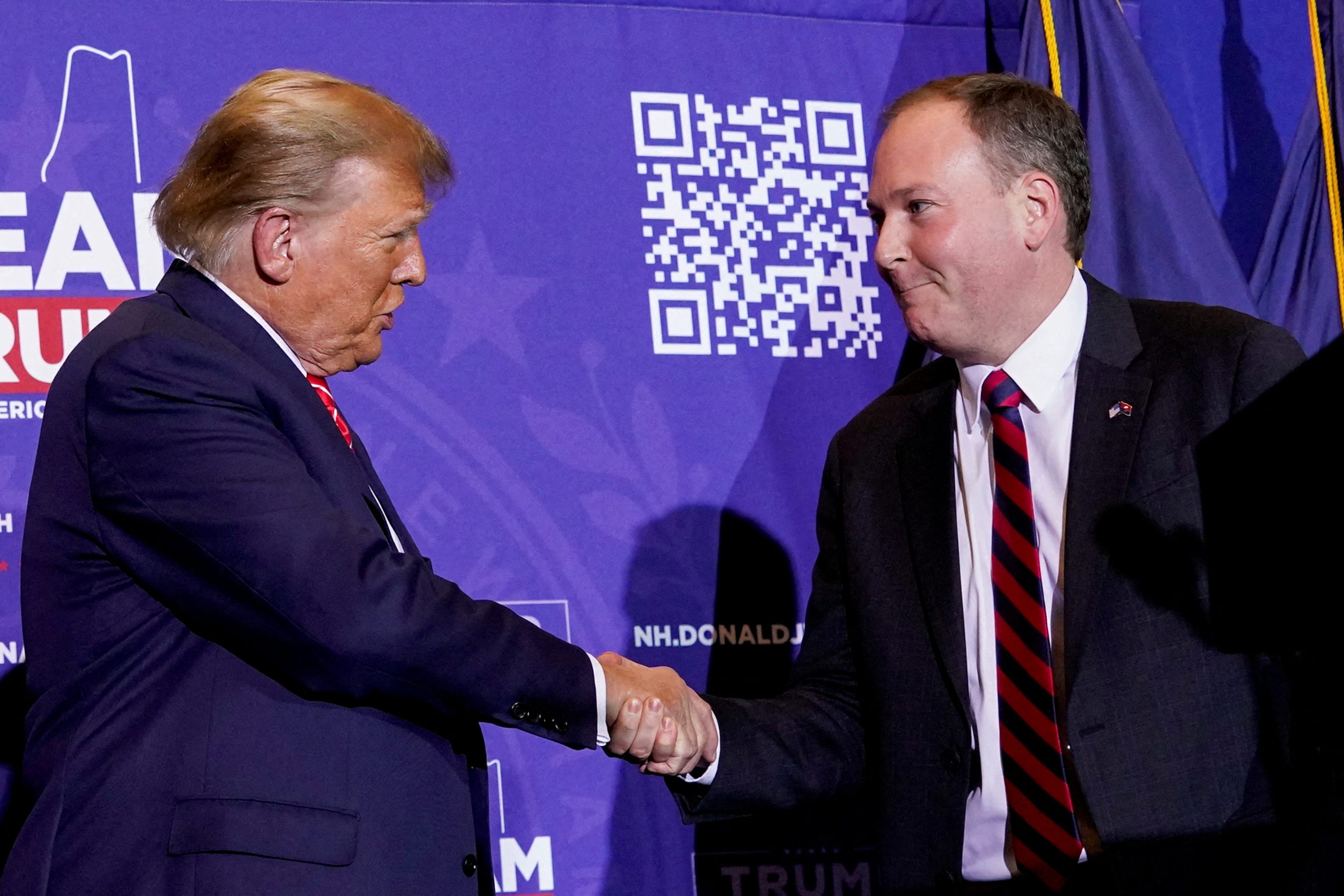In a major courtroom win that has reverberated through Silicon Valley, Meta CEO Mark Zuckerberg has been cleared of personal liability in a cascade of lawsuits accusing Facebook and Instagram of causing mental health harm to young users. U.S. District Judge Yvonne Gonzalez Rogers delivered the decisive ruling, stating that while Zuckerberg holds influence over Meta’s platforms, plaintiffs failed to provide enough evidence to directly link him to the alleged harm in these cases. Control of a company, she emphasized, isn’t enough to establish personal responsibility in corporate decision-making.
This ruling dismisses Zuckerberg from 25 high-profile lawsuits filed by families claiming that social media’s dark underbelly—its addictive nature and negative mental health effects—has wreaked havoc on children’s mental well-being. These families allege that Meta ignored or even concealed research showing links between heavy social media use and increases in anxiety, depression, and self-esteem issues among young users.
Meta Remains in the Hot Seat: The Company Faces Intense Scrutiny
While Zuckerberg may be off the hook personally, Meta itself is still very much in the legal spotlight. These lawsuits have raised serious questions about the ethical responsibility of social media companies to safeguard young, impressionable users. Plaintiffs argue that Meta, through algorithm designs and platform strategies, knowingly created an environment that is not only addictive but potentially damaging to children’s mental health. This legal battle is part of a growing push to hold tech giants accountable, with Meta being the first major test case in an evolving debate over corporate responsibility for users’ mental well-being.
For many parents and advocates, the legal pursuit against Meta symbolizes a larger reckoning with social media’s impact on today’s youth. According to recent studies cited in the lawsuits, high engagement with social media platforms has been linked to increased rates of anxiety, depression, and body image issues among adolescents, sparking widespread concern among parents and psychologists alike.
Zuckerberg’s Apology and the Pressure on Meta to Make Real Changes
Zuckerberg, however, has not escaped the court of public opinion. Earlier this year, he faced a Senate Judiciary Committee hearing, where he acknowledged the pain and challenges families face as a result of social media’s unintended consequences. “I am truly sorry,” Zuckerberg told the committee, committing to stronger measures aimed at creating safer, more supportive online spaces for young people. He assured lawmakers that Meta is investing in technology to monitor harmful content more closely and limit exposure to potentially dangerous material. But many critics argue that these promises are long overdue and lack the concrete policies necessary to make meaningful change.
What’s Next? A Landmark Case with Broader Implications for Big Tech
The legal implications of this case extend far beyond Meta, as other tech giants, like TikTok and YouTube, are also facing similar lawsuits. This wave of legal challenges signals a turning point in how the law addresses the power of social media platforms and their influence on younger users. Should Meta be found liable in these lawsuits, it could open the floodgates for similar claims against other social media companies, potentially resulting in a massive overhaul of content moderation, algorithm transparency, and youth safety standards.
Legal experts suggest that the outcome of these cases could spur new regulations on how social media companies protect young users from the addictive and potentially damaging effects of prolonged screen time and exposure to curated, often idealized content. As the lawsuits proceed, there is mounting pressure on lawmakers to craft legislation that imposes accountability on social media platforms, from requiring age verification systems to setting limits on targeted advertising for younger audiences.
For Parents, Advocates, and Lawmakers, a Critical Moment in the Fight for Safer Social Media
The stakes have never been higher. For the families involved, the battle is a personal one—a fight for accountability on behalf of children and teenagers they say were exposed to dangerous levels of online pressure and influence. Advocacy groups and mental health organizations are rallying behind these cases, urging Meta and other tech giants to put people over profits and institute meaningful safeguards that prevent harm before it starts.
As Meta continues to face mounting lawsuits, the tech world will be closely watching to see whether this case could set a legal precedent, reshaping the boundaries of corporate responsibility in the age of digital media. Whether this will lead to sweeping changes across the social media landscape or merely signal the beginning of a long, contentious legal fight, one thing is clear: the demand for a safer, more accountable social media experience is growing louder, and the world is looking to Meta for answers.



